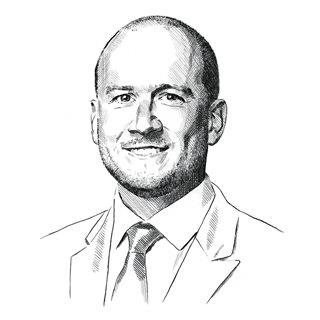Professor Leon Davies PhD BSc(Hons) FCOptom Prof Cert Med Ret

Immediate Past President, Council Member - West Midlands
Leon Davies is a registered optometrist and Professor of Optometry & Physiological Optics at Aston University. A Liveryman of the Worshipful Company of Spectacle Makers, Leon holds fellowships with the College of Optometrists, the American Academy of Optometry, and is a Senior Fellow of the Higher Education Academy. Leadership roles at Aston University include Director of Research (2010-17) and Head of the School of Optometry (2016-21). His clinical research is focused on presbyopia and the restoration of ocular accommodation to the ageing eye.
In recognition of his experience and expertise, he is a past recipient of the College of Optometrists Research Fellowship Award, and the inaugural Neil Charman Medal for research excellence in optometry, optics and vision science. He is a past Clinical Editor of Optometry Today, and is currently Editor-in-Chief of the peer reviewed CPD journal Optometry in Practice. Between 2009 and 2012, he represented the West Midlands as a Council member of the Association of Optometrists. Since 2015, he has served as a regional Council member then a Board Trustee of the College of Optometrists and was Chair of their Research Committee. In February 2020, Leon was elected Vice President, and then President of the College in June 2022.
E: leon.davies@college-optometrists.org